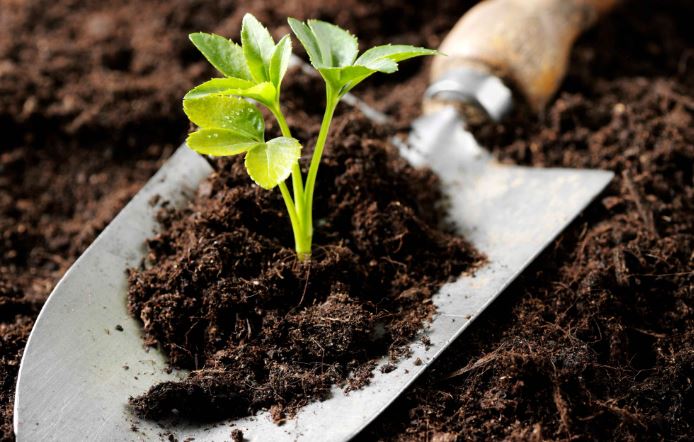×
The Standard e-Paper
Home To Bold Columnists

When farmers met earlier this year for Innovation Week at the University of Nairobi, most of them gathered around a stand where Dennis Rapong’o, an attendant, demonstrated how to use Ujuzi kit, a sensor-based soil testing system.
Rapong’o held a yellow instrument the size and make of a tablet in his hand that had a chord he inserted into the ground to demonstrate to the curious onlookers.